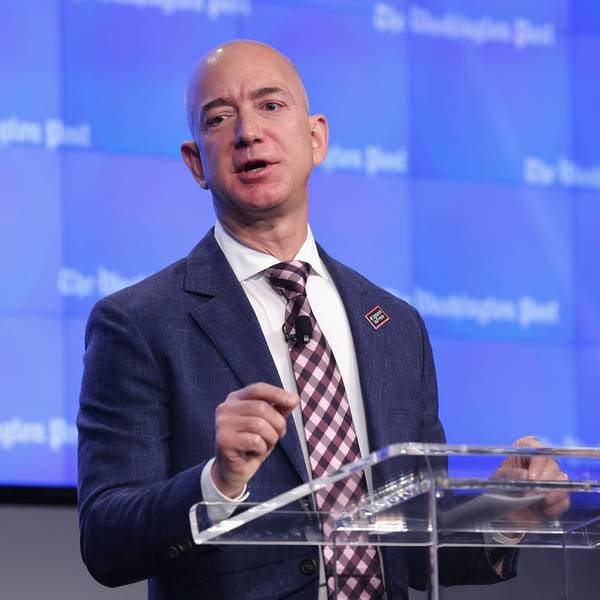Major League Baseball adopted some significant rules changes this past season, the biggest by far being the introduction of a pitch clock—an electronic countdown limiting the time between pitches to 15 seconds with nobody on or 20 seconds with a runner on.
The changes were aimed at speeding up the game and boosting attendance, and they were a smashing success on both counts: the average game time for the 2023 season was the shortest in 38 years, and attendance rose by the highest percentage in 30 years.
Now let’s turn to a change that’s been introduced gradually, almost sneakily, a change that should itself be smashed. Jimmy Traina writes a column for Sports Illustrated, cleverly titled “Traina Thoughts.” This one is easy to follow:
Major League owners are selfishly committing an egregious error. Throughout the regular season and even into the playoffs, they’re putting dollars ahead of fans by selling exclusive television rights to streaming services. Early in the 2022 season, a Traina Thought called the error “The Terrible Marriage Between Baseball and Streaming.”
It was terrible because pitching great Max Scherzer was set to make his first start for the New York Mets—but the game wouldn’t air in New York, and it wouldn’t be called by the regular Mets’ announcers Gary Cohen, Keith Hernandez and Ron Darling. Scherzer’s debut with the Mets had been picked as the Friday Night Baseball game, and it was showing only on Apple TV+.
Traina spoke up for the masses: “Baseball fans already pay around $100 for a local cable or satellite package. Some baseball fans pay extra for the MLB TV package….When is enough enough?”
For Mets’ Hall of Famer-turned-announcer Darling, his personal had-enough moment came this August. The Mets were playing on the road against the Los Angeles Angels. Darling planned to watch the telecast but found himself with a problem: the TV rights had been sold to the streaming channel Peacock, and Darling wasn’t a subscriber.
There’s a dissing here that deserves more mention and attention.
He wasn’t about to become one, either: “It was a protest. I said I’m not getting another one. I’m not spending another $5.” (Darling in fact has free access to Peacock, but he didn’t know it at the time.)
New York has two major league baseball teams, and the Mets aren’t alone in trivializing the fans who don’t have streaming services, or haven’t mastered the challenges of using them (or, saddest of all, can’t afford them in the first place). The New York Yankees televise most of their games on their own widely-available cable channel, but they too have taken to selling exclusive rights to streaming services. Friday night Yankee games have been appearing only on Amazon Prime, and designated games only on Apple TV+.
There’s a dissing here that deserves more mention and attention.
Today’s major league baseball fans are paying extra-major league prices for their fandom. It’s really Yankee fans, not the owners, who’ll be paying Aaron Judge $40 million in 2024 and $360 million over nine years. It’s Yankee fans who’ll be paying an average ticket price of $188 in 2024, approaching $800 for a family of four. It’s Yankee fans who’ll be paying up to 10 percent more in 2024, despite the Yanks having just racked up their first losing season in 30 years. (To be fair, not all Yankee prices are in the stratosphere: beers and hot dogs went for $6 and $3 this past season, far below the major league-leading $10.50 and $6.25 charged in Fenway Park by the Boston Red Sox.)
These days there’s a new and hidden price that fans have to pay, and it discriminates hugely. Streaming channels get exclusive TV rights for select days and times, shutting out everybody who doesn’t have access to those outlets. Nobody seems to care about the fans who won’t get to see the games; they’re an afterthought (if they’re thought about at all).
What Thomas Paine said long ago has come around again: We’re living in times that try men’s souls. For millions of baseball fans, particularly tech-challenged, older and poorer fans, showing games only on streaming services is something they do not need—anytime, especially at playoff time, and extra-especially in times like these.
Baseball moguls should be focusing on doing everything they can to attract new fans. What they’re doing instead is anti-fan, and dumb besides. Traina has a thought: “[P]ut games on channels where more people can see them,” not on streaming services.
What a refreshing, right-side-up idea: counting fans instead of counting streaming dollars.




